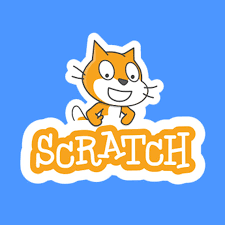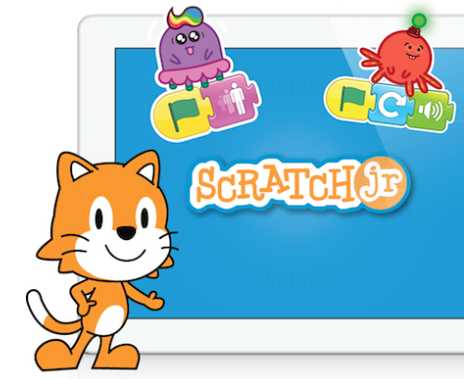Assessment of Computing for Elementary Students
|
Elementary School Coding Attitudes Survey
|
Universal Design for Learning + Computer Science
|
Teacher Beliefs about Coding and CT Survey (TBaCCT)Created by the same team as the ESCAS, we use the Teacher Beliefs about Coding and CT survey (TBaCCT) to assess the growth of our teachers’ computing efficacy. The TBaCCT is a 33-item (6-point LIkert-type scale) instrument and it can be completed in roughly 10 minutes. It includes three sets of questions: value belief statements, CT and coding statements, and teaching efficacy statements. The TBaCCT has been validated with 245 elementary teachers from 8 schools using confirmatory factor analysis and structural equation modeling. For more information, please view Rich, Larsen, and Mason (2020).
|
ECforALL ACT 1 Project Checker and Studio Grader
|
The Canon Lab at the University of Chicago have created online Project Checker and Studio Grader that read Scratch projects and provide feedback as to what rubric criteria from ACT 1 projects have been completed or not. The Project Checker is designed for students to paste their project URL into in order to see if they have met the projects baseline criteria. The Studio Grader allows teachers to paste in a class studio URL and then can see how many projects have been completed and what is missing from incomplete projects. These checkers are designed specifically to evaluate projects in the ECforALL ACT 1 curriculum. The Canon Lab has generously made the code for previous versions of these checkers available for customization at GitHub.
|
|
Role Model Video and Workbook Page Activities
In an effort to broaden participation of under-represented groups (women, Hispanic/Latinx, Black, Native American, Pacific Islanders) in the field of Computer Science, the ECforALL upper-elementary school curriculum aims to share the stories of computer scientists with diverse backgrounds. The stories will be told in a short 1-3 minute video. The lesson will take 10-15 minutes. A video will be created and students reflect on the video with a workbook page. The aim of the video will be:
1. to introduce students to careers in computer science.
2. to expose all students to the diverse world around them by sharing details about the role model's life.
3. to help students develop a sense of belonging in the computer science field.
4. to mention important skills/attitudes/habits that contribute to success.
To view the videos and workbook pages, click here.
If you are a computer scientist from an underrepresented group and who enjoys your career, please consider sharing your story with elementary school-aged kids by emailing Dana Saito-Stehberger at [email protected].
1. to introduce students to careers in computer science.
2. to expose all students to the diverse world around them by sharing details about the role model's life.
3. to help students develop a sense of belonging in the computer science field.
4. to mention important skills/attitudes/habits that contribute to success.
To view the videos and workbook pages, click here.
If you are a computer scientist from an underrepresented group and who enjoys your career, please consider sharing your story with elementary school-aged kids by emailing Dana Saito-Stehberger at [email protected].
Scratch
|
The ECforALL curricula guides students to build projects in the Scratch and Scratch Jr. environments as they develop their computational thinking skills.






